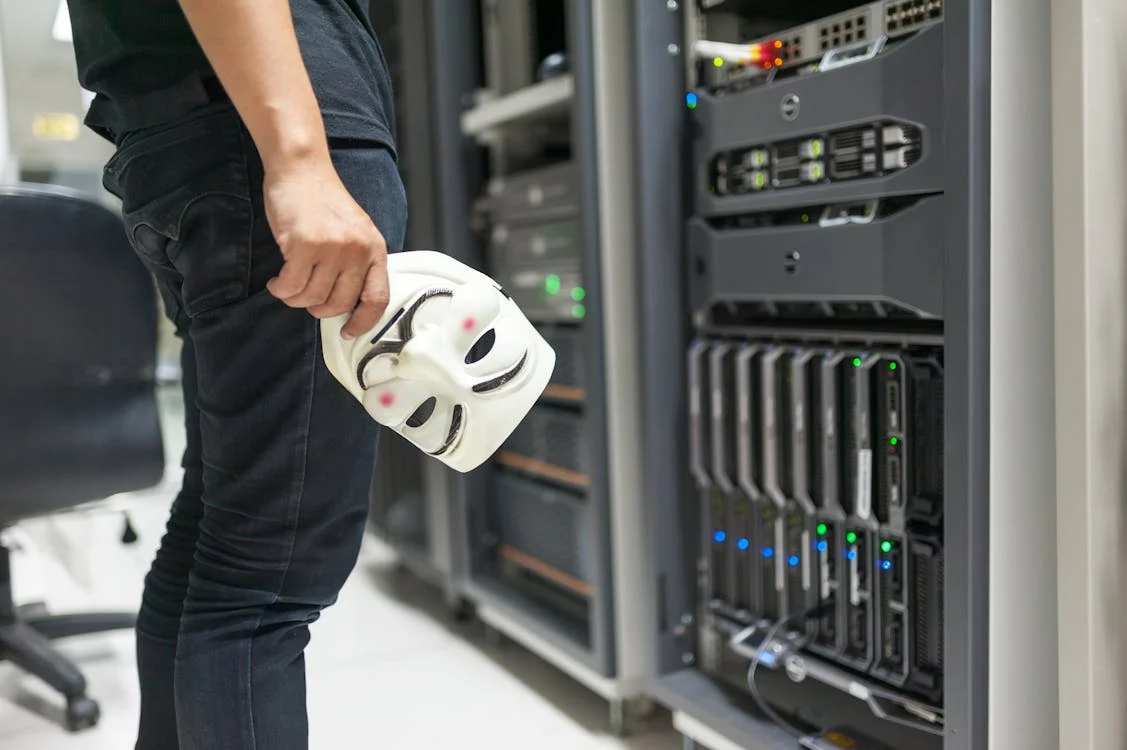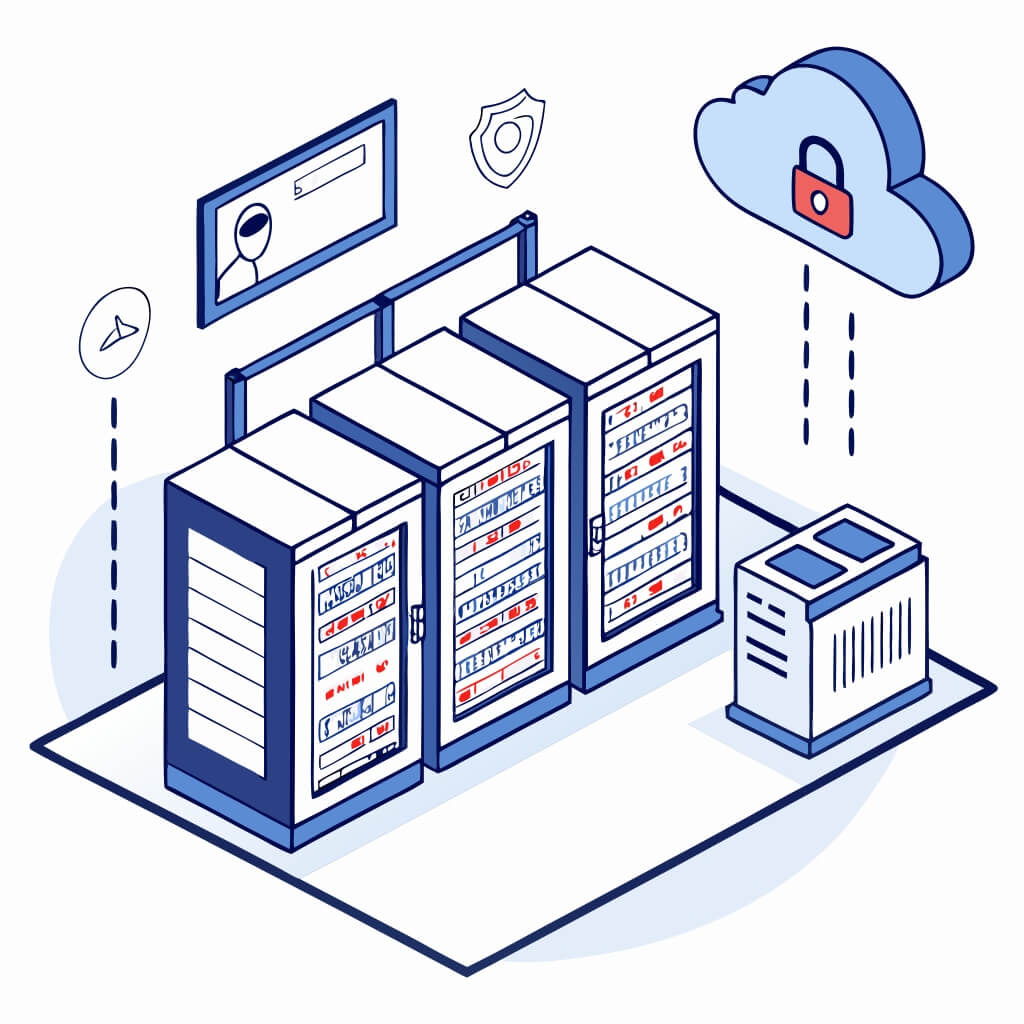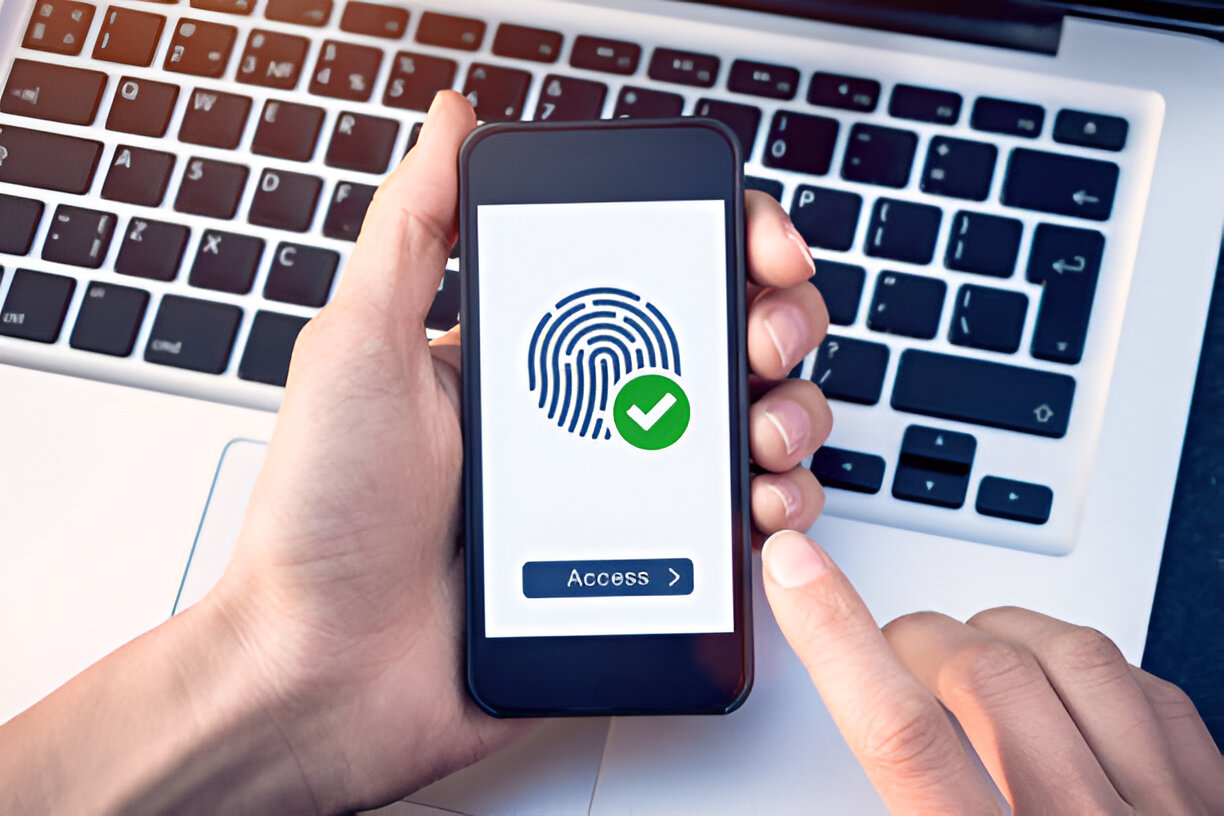In our increasingly connected world, the promise of free internet hacks is tempting—access to premium content or bypassing restrictions without spending a penny seems like a dream come true. However, behind these seemingly harmless shortcuts lurk significant risks that can compromise your device, your personal information, and even your legal standing.
From malware infections to legal penalties, the dangers often outweigh the rewards.. We’ll explore the serious risks associated with free internet hacks and offer safer alternatives to get connected without breaking the bank.
Understanding The Risks Of Free Internet Hacks
When looking into free internet hacks, it is crucial to understand that these seemingly harmless shortcuts can carry significant risks. While the allure of bypassing paywalls, accessing premium content for free, or enhancing your online experience without spending a dime is enticing, the dangers often outweigh the benefits.
One primary risk associated with free internet hacks is the potential exposure to malware and viruses. Hackers frequently disguise malicious software within these hacks. Once downloaded or executed, they can compromise your device’s security by stealing personal information, corrupting files, or even taking control of your system.
Additionally, many free internet hacks operate in a legal gray area or are outright illegal. Engaging in such activities can result in severe legal consequences. Copyright infringement and unauthorized access to digital services are prosecutable offenses that can lead to fines and other penalties.
Another concern is data privacy. Free hacks may require you to provide personal information or grant extensive permissions on your devices. This data can be harvested and sold on the dark web, leading to identity theft and other forms of cybercrime.
Moreover, relying on these hacks undermines ethical considerations regarding fair use and compensation for creators and service providers who rely on revenue from their work.
In essence, while free internet hacks might offer short-term gains, they pose long-term risks that can compromise your security, privacy, legality, and ethical integrity. Understanding these dangers is essential before succumbing to the temptation of quick fixes online.
Safe And Legal Ways To Access Free Internet
In our everyday lives, having access to the internet is essential for things like education, work, social connections, and entertainment. However, not everyone can afford regular internet service. Fortunately, there are safe and legal ways to access free internet that can help bridge this gap.
One of the most common methods is utilizing public Wi-Fi hotspots. Many cafes, libraries, restaurants, and public spaces offer free Wi-Fi to patrons. These locations provide a reliable connection while also encouraging community engagement. Libraries are particularly noteworthy as they often have strong networks and no purchase requirements.
Another viable option is taking advantage of government programs designed to increase digital accessibility. Various initiatives at local and national levels aim to provide low-income families with affordable or even free internet services. For example, the Lifeline program in the United States offers discounts on broadband services for eligible individuals.
Additionally, some companies offer temporary promotions or trials that grant short-term access to their networks for free. These opportunities can be especially useful for those needing occasional internet access without long-term commitments.
Lastly, community organizations sometimes set up shared Wi-Fi networks in underserved areas. These networks are often supported by non-profits or local governments as part of broader efforts to ensure everyone has basic digital connectivity.
While it’s essential to remain cautious about security when using public or communal networks—employing VPNs or secure browsing practices—these methods provide practical solutions for accessing the internet without breaking any laws or compromising personal safety.
Popular Tools And Techniques For Free Internet Access
Accessing the internet for free has become a topic of considerable interest, especially as our reliance on the internet continues to grow. Various tools and techniques have emerged, catering to those who seek to bypass traditional subscription models. One prevalent method involves exploiting vulnerabilities in Wi-Fi networks. Tech-savvy individuals often use software like Wireshark or Aircrack-ng to intercept and decode data packets, gaining unauthorized access to secured networks.
Another common technique is leveraging public Wi-Fi hotspots. While many businesses offer complimentary internet access, there are also community-driven initiatives that provide free connectivity in public spaces like parks and libraries. However, these networks often come with limitations such as restricted bandwidth or time constraints. Virtual Private Networks (VPNs) are also frequently used not just for security but for accessing region-locked content without incurring extra costs.
Some VPN services offer free tiers that can be utilized effectively if one knows how to navigate their limitations, such as reduced speeds or monthly data caps. Proxy servers serve a similar function by masking a user’s IP address, allowing them to bypass network restrictions imposed by certain websites or service providers. Though primarily designed for anonymity and privacy, proxies can also facilitate free internet browsing when used judiciously.
Lastly, tethering mobile data from smartphones is another popular technique. Many cellular plans include hotspot capabilities that allow multiple devices to share one mobile connection. While this isn’t entirely “free,” it can be a cost-efficient way of extending existing data plans across multiple devices without additional charges.
Tips For Maximizing Your Free Internet Experience
Maximizing your free internet experience involves a combination of strategic planning, resourcefulness, and an understanding of available tools and technologies. One of the most effective ways to optimize your usage is by identifying reliable sources of free Wi-Fi. Many public places such as libraries, cafes, parks, and community centers offer complimentary internet access. Establishing a routine around these locations can ensure you have consistent connectivity without incurring costs.
Another essential aspect is managing data consumption wisely. Streaming videos or downloading large files can quickly deplete data limits if you’re on a time-restricted or bandwidth-limited connection. Opting for lower resolution streaming or downloading content during off-peak hours when networks are less congested can enhance your experience.
Utilizing offline features provided by various apps and platforms can also be beneficial. For instance, many streaming services allow you to download content for offline viewing, which means you can use free internet to download content and then watch it later without needing an active connection.
Security should not be overlooked; using virtual private networks (VPNs) when connecting to public Wi-Fi adds an extra layer of protection against potential cyber threats. Additionally, keeping your devices updated with the latest security patches reduces vulnerabilities that could be exploited over open networks.
Lastly, being aware of community-driven initiatives like mesh networks or local broadband programs can also provide more stable and secure alternatives for free internet access. By integrating these practices into your routine, you can significantly enhance the quality and reliability of your free internet experience while maintaining security and efficiency.
Troubleshooting Common Issues With Free Internet Hacks
Dealing with free internet hacks can be both exciting and full of challenges. While these methods can give you temporary access to the web without cost, they often come with their own set of problems. One common issue users face is unreliable connectivity. Free internet hacks usually exploit vulnerabilities or loopholes in networks, which means the connection might frequently drop or slow down.
This can be particularly frustrating if you rely on a steady internet connection for work or studies.
Another issue is security. Free internet hacks often bypass standard security protocols, leaving your data vulnerable to interception by malicious actors. It’s crucial to use additional security measures such as VPNs and antivirus software to protect your personal information from potential threats.
Compatibility is another significant hurdle. Not all devices and operating systems support the same methods for free internet access, leading to failed attempts and wasted time troubleshooting technical glitches. Ensuring that your device’s firmware and software are up-to-date may help mitigate some of these compatibility issues.
Lastly, legal ramifications cannot be ignored. Many free internet hacks operate in a grey area of legality; some may even violate local laws or terms of service agreements with your ISP (Internet Service Provider). Understanding the potential legal consequences before employing any hack is essential to avoid penalties or sanctions.
While free internet hacks offer tempting benefits, addressing these common issues head-on will enhance your experience and safeguard against potential pitfalls. Also while there are legitimate ways to access the internet without incurring costs, it’s crucial to prioritize safety, legality, and ethical considerations when exploring these options. By understanding the dangers and choosing responsible alternatives, you can enjoy the benefits of online connectivity without compromising your security, privacy, or legal standing.



